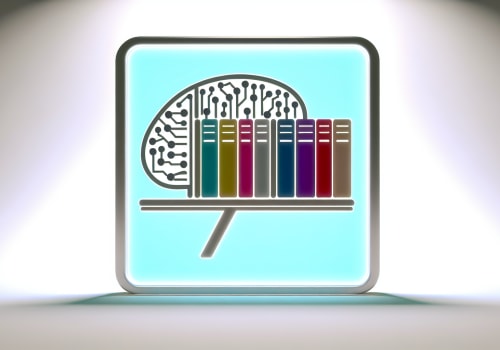Are you feeling overwhelmed by the thought of writing a dissertation? Reflecting on the overall study is an important part of the process and can help guide you towards a successful completion. In this article, we will dive into tips and techniques for writing a dissertation that will make the task seem more manageable. Whether you're a graduate student or a seasoned academic, this guide will provide valuable insights and strategies for crafting a well-structured and compelling dissertation. So, let's explore the world of reflecting on the overall study and how it can enhance your dissertation writing experience.
In this section, we'll outline the key points to consider when reflecting on your overall study. This includes analyzing your research methods, discussing the significance of your findings, and addressing any limitations or areas for future research.When evaluating your research methods, it is important to thoroughly explain why you chose them and how they contributed to your overall findings. This will provide insight into the validity and reliability of your study. For example, if you used quantitative methods, explain why they were appropriate for your research question and how they helped to gather numerical data.
If you used qualitative methods, discuss how they allowed you to gain a deeper understanding of your topic and provide rich descriptions of your findings. It is also important to discuss the significance of your findings in relation to your research question and objectives. Reflect on whether your results support or contradict existing literature and theories, and how they contribute to the overall body of knowledge in your field. Use specific examples from your own research to illustrate these points, such as quotes from participants or graphs displaying data. Furthermore, it is important to acknowledge any limitations or weaknesses in your study. This could include issues with sample size, data collection methods, or bias in your findings.
Be honest about these limitations and discuss how they may have impacted the validity or generalizability of your results. Lastly, consider areas for future research related to your topic. Are there any unanswered questions or gaps in the literature that could be explored further? Discuss potential avenues for future studies and how they could build upon your findings. Overall, reflecting on the overall study is a crucial part of writing a dissertation. It allows you to critically evaluate your research methods, discuss the significance of your findings, and acknowledge any limitations or areas for future research. By being thorough and providing specific examples from your own research, you can demonstrate the validity and reliability of your study and contribute to the academic conversation in your field.
Analyzing Your Research Methods
In this section, we'll discuss the importance of analyzing your research methods and provide tips on how to do so effectively.Discussing the Significance of Your Findings
When writing a dissertation, it is important to not only present your findings, but also to discuss their significance.This involves analyzing and interpreting your results to show their relevance and impact in the context of your research question and overall study. It is an essential part of demonstrating the value and contribution of your work. To effectively discuss the significance of your findings, you should first provide a brief overview of your main findings and how they relate to your research question. Then, you can delve into a more detailed analysis, using evidence and examples to support your points. It is important to be clear and concise, avoiding any unnecessary jargon or complex explanations. You should also consider the wider implications of your findings, such as their potential impact on future research or practical applications.
This can help to highlight the significance of your work and demonstrate its relevance to the academic community and beyond.
Addressing Limitations and Areas for Future Research
In any research study, there are bound to be limitations and areas that can be further explored in the future. It is important to acknowledge and address these limitations in your dissertation, as it shows that you have critically evaluated your study and are aware of its potential shortcomings. One way to address limitations is to provide possible solutions or alternative methods that could have been used. This shows that you have thought about potential improvements and have considered the limitations in your study. Additionally, you can also mention areas for future research in your conclusion. This not only highlights the potential for further exploration, but also shows that your study has contributed to the existing body of knowledge and has opened up new avenues for future research. It is important to note that addressing limitations and areas for future research does not undermine the validity or significance of your study.It simply shows that you are aware of its limitations and are open to further improvement and exploration. In conclusion, reflecting on the overall study is a crucial aspect of writing a dissertation. It allows you to critically evaluate your work and highlight its strengths and weaknesses. By following the tips and techniques outlined in this guide, you can ensure that your dissertation is well-written, thoroughly researched, and makes a valuable contribution to your field of study.







